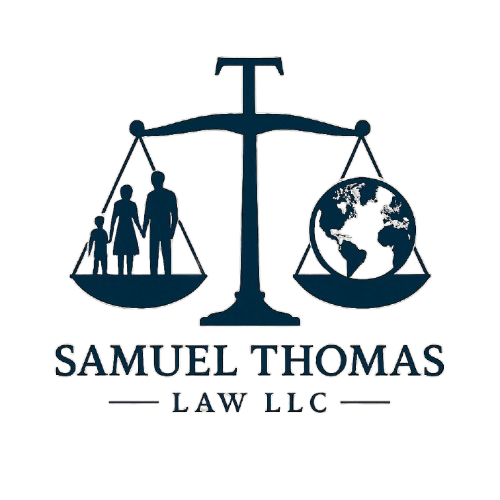Comprehensive Guide to Family Law in Georgia
This guide serves as an essential resource for individuals seeking to understand family law in Georgia. It covers various aspects of family law, including adoption, child custody, child support, and divorce, providing clients with the knowledge they need to navigate complex legal situations.
By consolidating information on key topics, this guide aims to empower clients with the confidence to make informed decisions regarding their family law matters. Whether facing custody disputes or considering adoption, users will find valuable insights tailored to their specific needs.
Understanding Adoption Processes in Georgia
Adoption in Georgia involves specific legal procedures that must be followed to ensure a successful transition for families. This section outlines the steps involved in the adoption process, from filing the necessary paperwork to finalizing the adoption in court.
Additionally, it highlights the importance of home studies, background checks, and the role of adoption agencies in facilitating the process. Understanding these elements can help prospective adoptive parents prepare effectively and meet all legal requirements.
Child Custody Arrangements: What You Need to Know
Child custody arrangements are crucial for ensuring the well-being of children during and after divorce proceedings. This section provides an overview of the different types of custody arrangements available in Georgia, including sole custody, joint custody, and visitation rights.
It also discusses factors that courts consider when determining custody, such as the child's best interests, parental fitness, and the existing relationship between the child and each parent. This knowledge can help parents advocate for their rights and their children's needs in custody disputes.
Legal Resources and Support for Families
Access to legal resources and support is vital for families navigating family law issues. This section outlines various resources available in Georgia, including legal aid organizations, family law clinics, and online resources that provide guidance on family law matters.
By connecting clients with these resources, families can receive the assistance they need to address their legal challenges effectively. Whether seeking legal representation or self-help tools, understanding available support can significantly ease the process of dealing with family law issues.







